Egypt at the Threshold of a Green Breakthrough
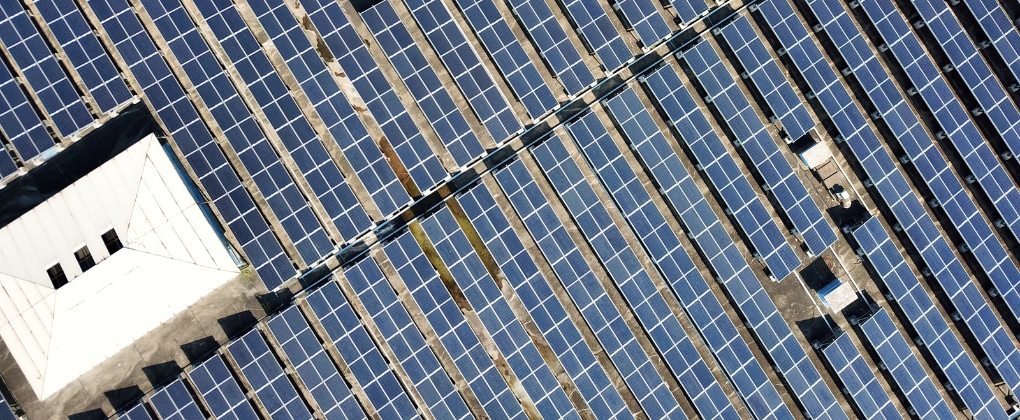
Egypt stands on the edge of a defining shift in its cleantech future. After years of building momentum through strategic partnerships, national infrastructure projects, and ecosystem consultations, the country now enters a critical phase: one that will determine whether it emerges as a regional cleantech leader or faces fragmented growth and unrealized potential. The 2025 Clean-Tech & Energy Report signals this moment clearly, positioning Egypt not just as an energy transition case study, but as a contender for regional climate technology leadership by 2035.
A System Ready to Scale
The foundations for a successful cleantech transformation are already in motion. Egypt has secured over 38 MoUs in green hydrogen, expanded solar generation through projects like Benban, and implemented ambitious waste-to-energy and water reuse programs. National roadmaps now integrate clean energy, industrial policy, and urban development, a shift from isolated initiatives to systemic coordination.
Moreover, the country is beginning to harness its human capital. With the right infrastructure, talent mobilization, and policy alignment, these assets can drive long-term climate innovation and economic diversification.
The report highlights that Egypt is no longer at the margins of cleantech adoption. It is entering a phase of strategic execution, where accelerating reforms, scaling technologies, and supporting startups with real-world market access are key to maintaining momentum.
While clean energy remains at the heart of Egypt’s environmental strategy, the broader opportunity lies in building an integrated green economy. The report identifies growing potential in sectors such as climate-smart agriculture, green logistics, and smart utilities, each capable of generating high-value exports and cross-border collaborations.
By moving beyond energy production and focusing on green value chain development, Egypt can position itself as a technology exporter not just a power producer. For example, investments in green hydrogen and bioenergy are not only about domestic supply but also about tapping into European and Gulf demand for climate-aligned imports. Similarly, clean infrastructure in smart cities and water reuse has the potential to be adapted and deployed across Africa, supporting Egypt’s ambition to lead under the African Continental Free Trade Agreement (ACFTA).
The Urgency of Acceleration
Despite the progress, the next five years will be decisive. Egypt must shift from policy ambition to agile execution. The tools are in place stakeholder roadmaps, regulatory reform momentum, pilot programs but delivery speed will define success. Many of Egypt’s peer economies are already advancing state-subsidized commercialization pipelines, government procurement schemes, and national testing centers. To stay competitive, Egypt must de-risk innovation through better financing, scale public-private pilots, and ensure local validation infrastructure is operational and accessible.

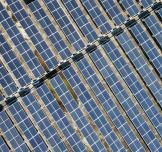



















































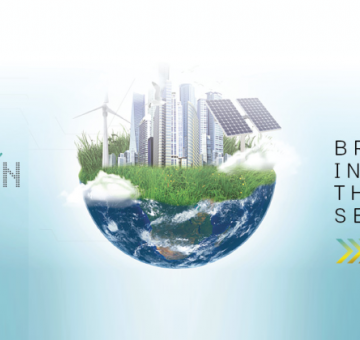

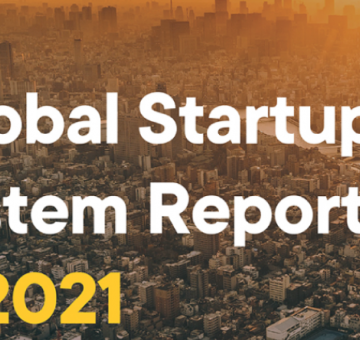
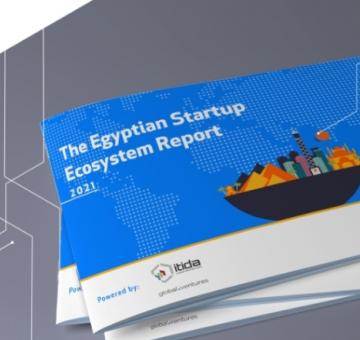












EgyptInnovate site is not responsible for the content of the comments